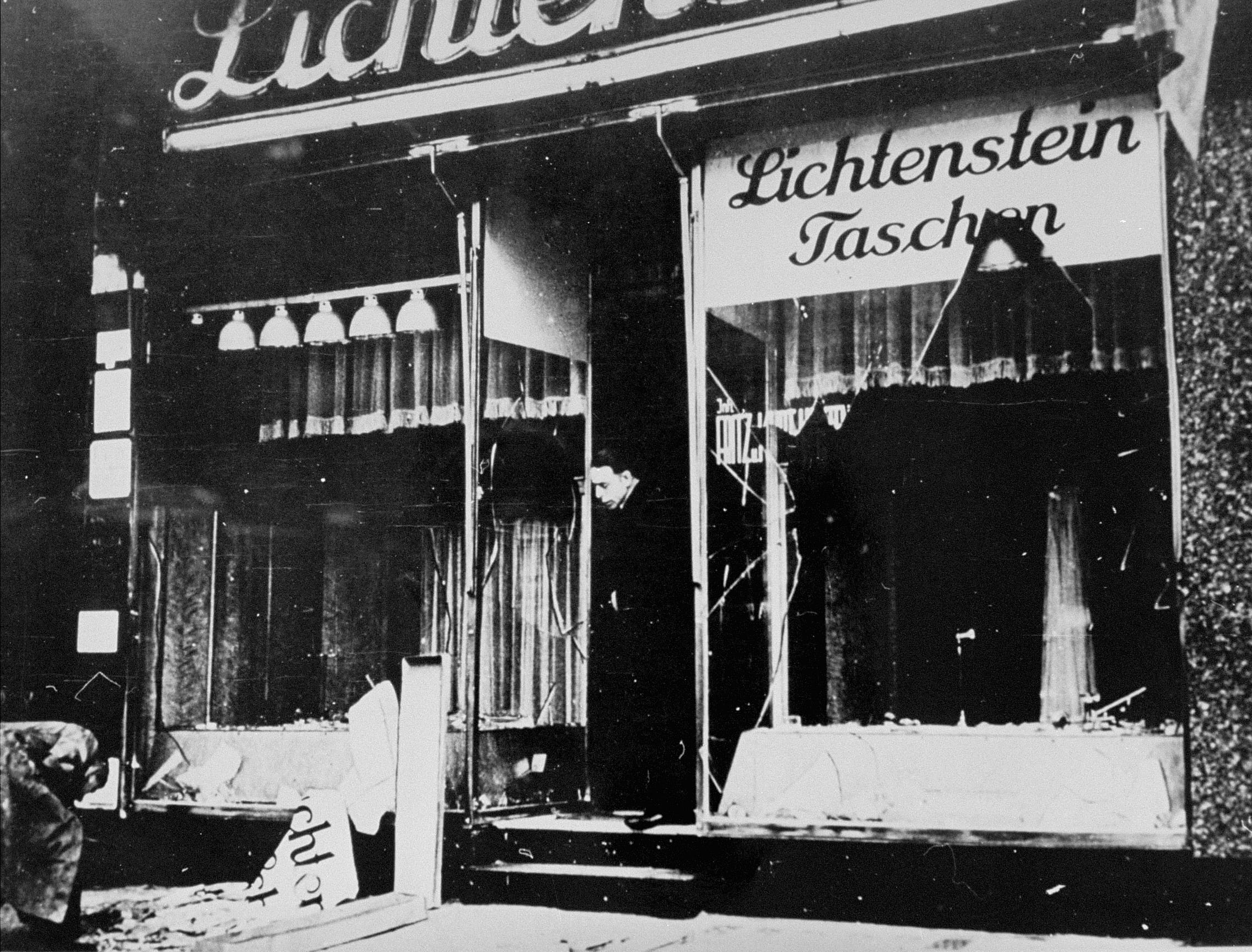As the first international school to enter the Dora Love Prize, we knew we had a responsibility to shed light on the harsh truths of Canada’s history. However, we did not realise that atrocities could be legal.
Canada’s dark past
Canada’s reputation has always been that of a good, equitable, and diverse country. However, our history is not without its flaws. It is hard to believe that only a few decades ago, our country operated residential schools, where Indigenous children were taken to be assimilated into what was believed to be ‘proper’ society. While the last of these schools closed in 1996, the impact which targeted Indigenous communities remains present today, within survivors and their descendants.
Because of our dark historical relations with the First Peoples of this land, Canada has entered into our fifteenth year since the Truth and Reconciliation Commission was officially launched. However, we are nowhere close to reconciling with the atrocities committed by our ancestors, and our entry for the 2022 Dora Love Prize was centred around the promotion of healing and awareness of the residential school and Holocaust genocides within our community.
Developing our project
Since the beginning of the project, we thought about how we can demonstrate how important it is to be vigilant against injustice in a respectful, awareful way. Our project, titled Article II after the UN Convention on the Prevention and Punishment of the Crime of Genocide, was a five-room gallery that walked students through life before and during the Indian Act and Nuremberg Laws, including a documentary of interviews with academics who study the residential school and the Holocaust as well as survivors, and ended with a reflection room.
This exhibition was born one early Friday morning, and at that time none of us could’ve imagined how big it was going to become. The exhibition did not begin life as Article II. It went through various modifications and title changes, and before we knew it, we had our final exhibition; a multisensory exhibition with five rooms aiming to trigger thought in its viewers in different ways. The last room, the reflection room, displayed the learning and thinking our students did.
We heard words like "shocking", "moving", and "upsetting" in response to it, which was exactly what we had been hoping for since the start. It really affirmed our commitment and purpose for our work.
Overcoming challenges
However, we faced some obstacles. Our submission looked into the two respective genocides and how they were both made ‘legal’ by the governments conducting them, but this seemed to be a controversial subject.
Officially, Canada has classified the residential schools as a ‘cultural genocide’, which is not defined as a punishable crime in the final document of the UN declaration. We found that there was discomfort in using the word genocide, as most people don’t understand how residential schools should be classified as a genocide. This was a challenge as the use of terminology is crucial in contextualizing genocide.
We in no way wanted to compromise the integrity of our project, and we knew how important it was for genocide to be recognized as it is and the fact that these atrocities cannot be denied. Through this experience, our team found our voice and we learned that it is important to recognize the truth, no matter what others may try to tell you.
What we learned
If you take anything away from our work, it should be the cruciality to stand together and stay vigilant against signs of intolerance. We cannot move past years of hatred and discrimination if we don’t acknowledge them and commit to rooting out hate as individuals. People need to know and understand what truly happened so that we are able to confront and guarantee that it will not happen again.
In spirit of the theme of the 2022 Dora Love Prize, ‘If the human rights of one group are violated, no group is safe’ we pledge to build a better future and stand together in support of the Indigenous Peoples of Canada.
Find out more about the winners and runners-up of the 2022 Dora Love Prize.


